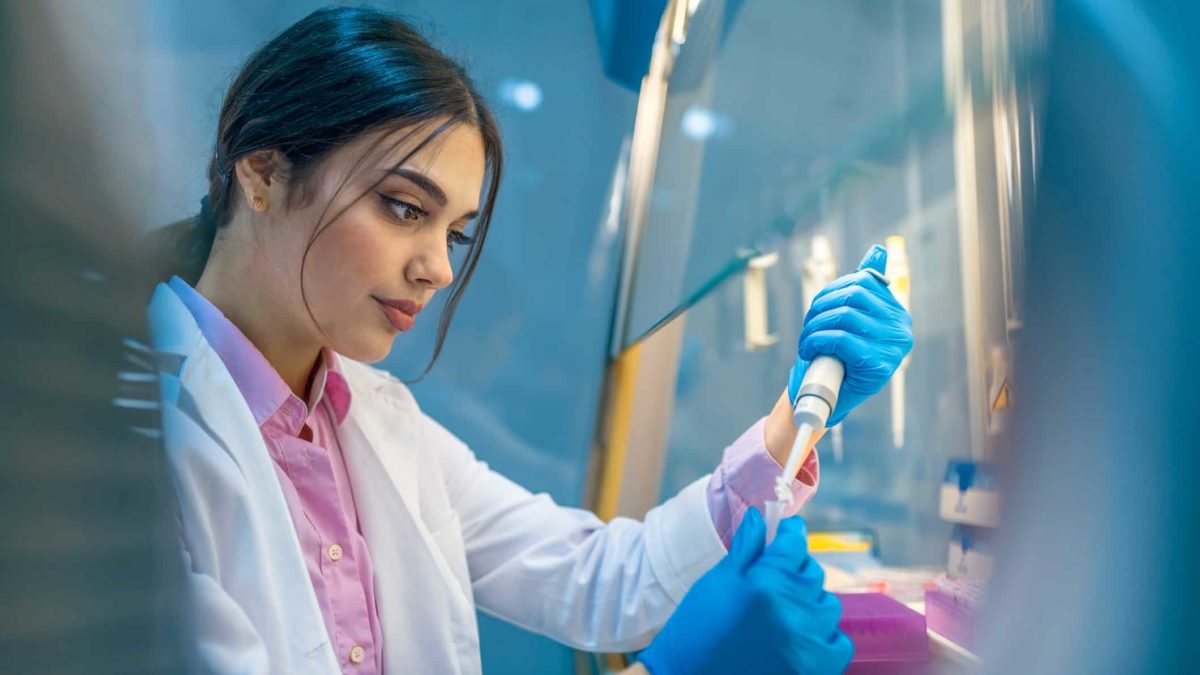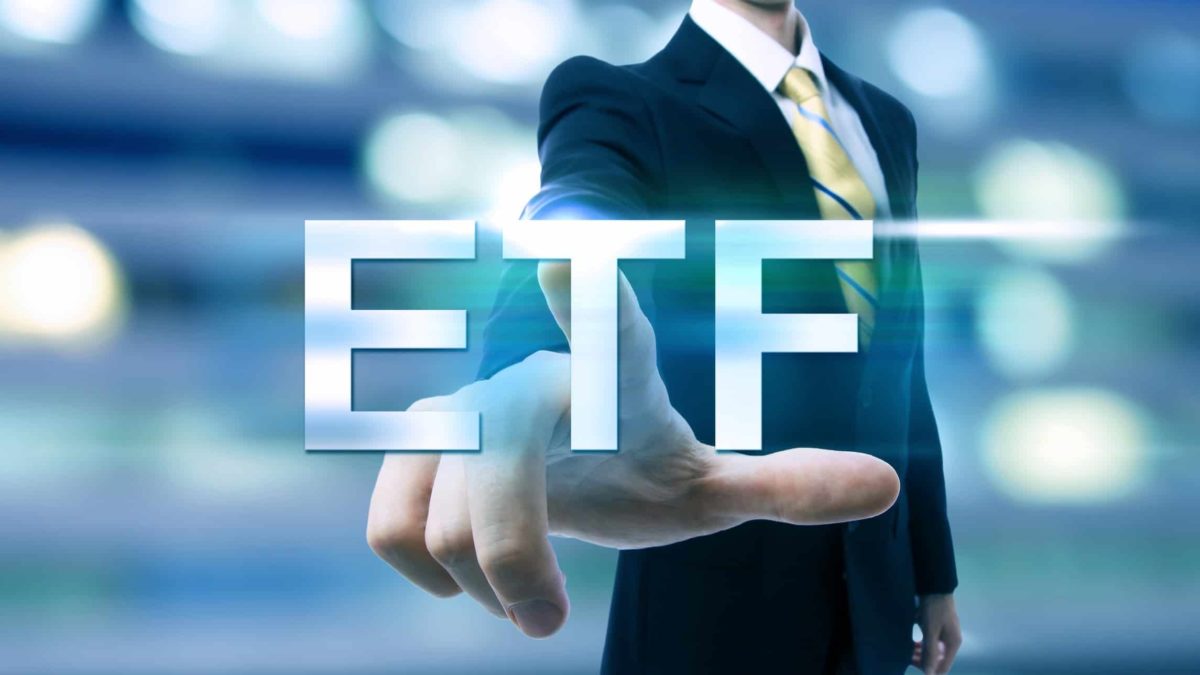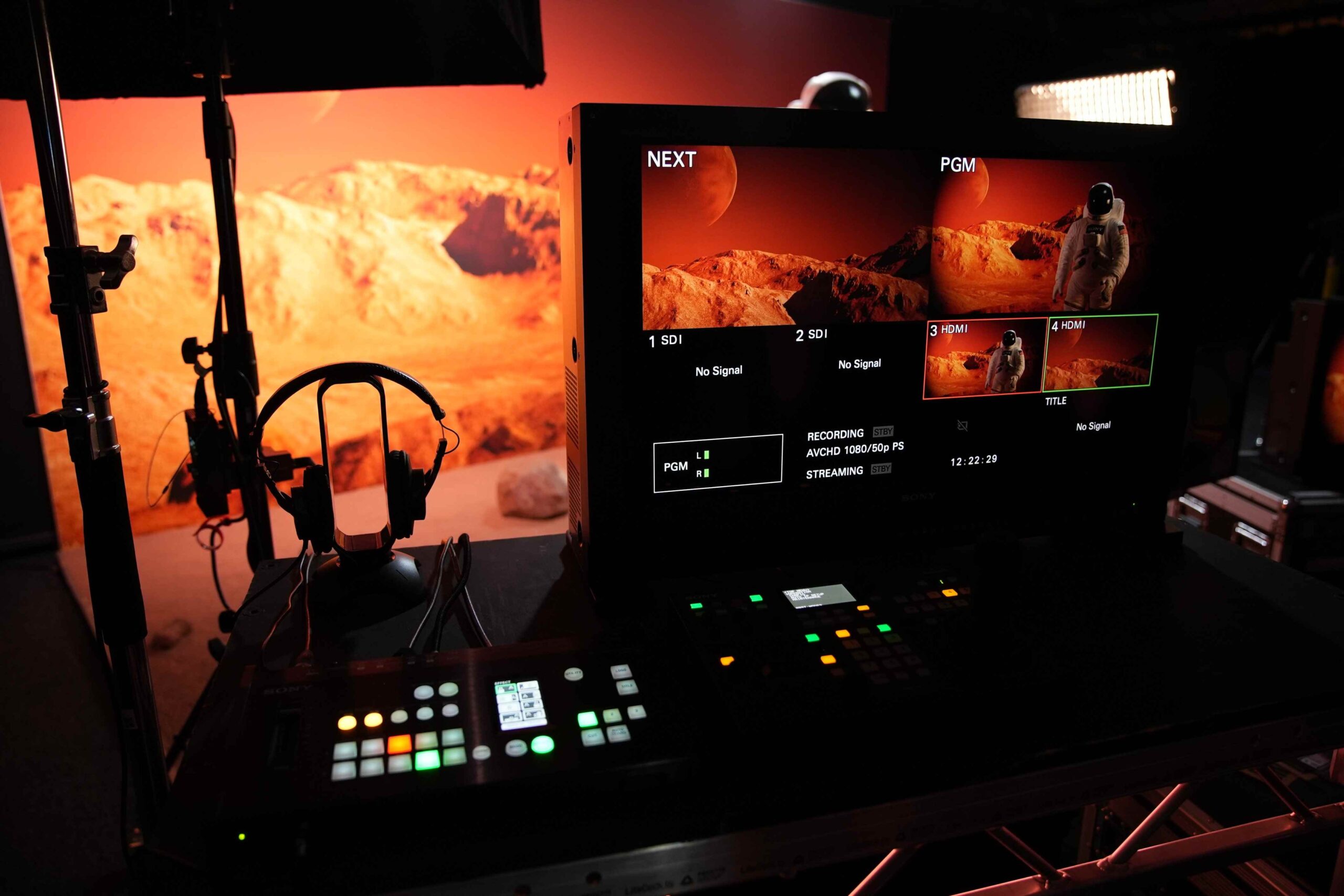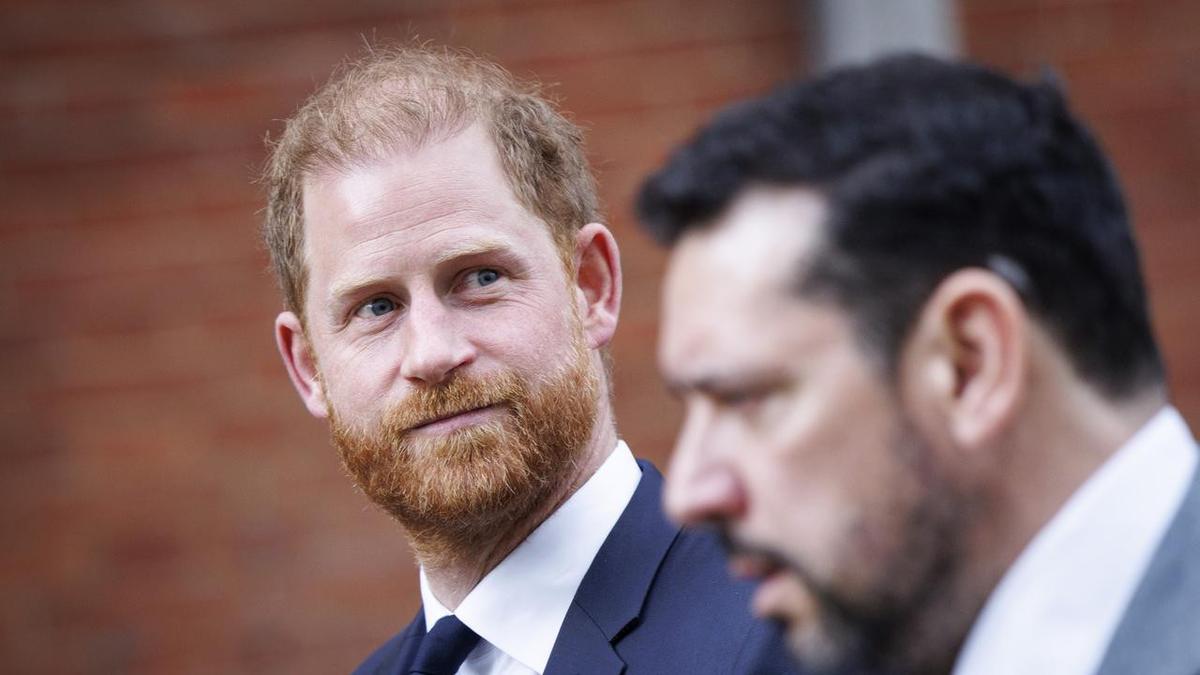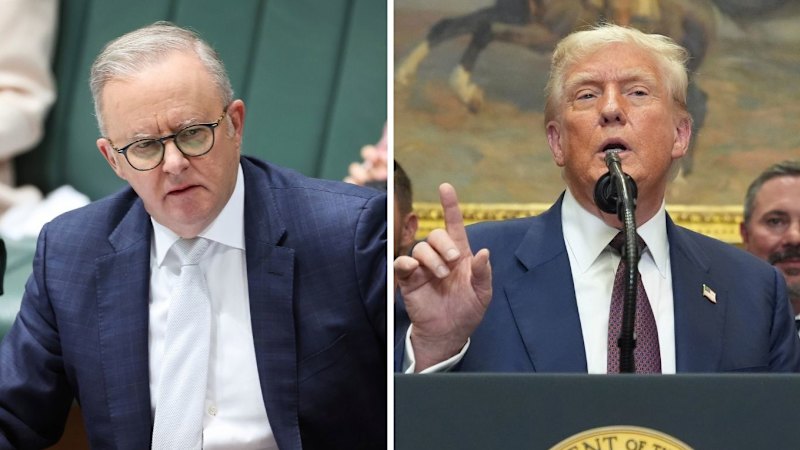
The Australian government aims to leverage its vast reserves of critical minerals during upcoming discussions with the Trump administration. Prime Minister Anthony Albanese is set to depart for the United States on October 15, 2023, after securing a crucial meeting with President Donald Trump. This visit also includes a broader delegation targeting investment in Australian energy, mining, and manufacturing sectors.
Central to these discussions will be Australia’s extensive supply of critical minerals, which are essential for various defence applications. According to industry sources, the planned $1.2 billion critical minerals stockpile is likely to be a focal point in Washington. This reserve could significantly bolster the supply of materials needed for weapons and defence technologies in the coming decades.
Significance of Critical Minerals in Defence
A range of critical minerals is vital in the production of defence equipment, including sonar systems, night-vision devices, and laser weapons. Canberra has been cautious about revealing any potential agreements before the meetings. Nevertheless, Warren Pearce, chief executive of the Association of Mining and Exploration Companies, expressed optimism about Australia’s positioning for a deal with the US.
“I’d be optimistic that the government’s actually positioned itself really well for this. I think we’ll get some level of commitment out of the United States,” Pearce stated. He highlighted the increasing global focus on supply chains outside China, suggesting that positive outcomes from these discussions are likely.
Strengthening ties with the US through a critical minerals deal could also alleviate ongoing tensions related to steel and aluminium tariffs. Recent restrictions imposed by Beijing on critical minerals supply have prompted the US to consider raising tariffs on Chinese products. The Pentagon is reportedly looking to procure up to $1 billion worth of critical minerals to establish a global stockpile and counteract Chinese dominance in this sector.
Investment Opportunities and Trade Relations
Before Albanese’s arrival in Washington, Treasurer Jim Chalmers will be in New York meeting with major global investors, including Blackstone, IFM Investors, and Mastercard. Chalmers plans to promote Australia’s strengths in clean energy, mining, and its potential as a digital hub for the AI sector.
“If investors want to make the most of the defining decade ahead, nowhere offers more opportunities than Australia,” Chalmers remarked. He emphasized Australia’s favorable economic climate and its position in the Indo-Pacific region, reinforcing the idea that the country could emerge as a renewable energy superpower.
While engaging with US investors, Chalmers has also countered suggestions from the Trump administration to reduce trade ties with China. He affirmed that Australia’s interests are best served by maintaining extensive trade relationships, which would enable the nation to reliably supply critical minerals to the US and beyond.
Chalmers is scheduled for additional meetings with leaders from Global Infrastructure Partners, the New York Federal Reserve, and Bridgewater Associates. Discussions will also highlight Australia’s considerable reserves of lithium and manganese, as well as the significant quantities of rare earths necessary for the AI and energy sectors.
Despite these initiatives, some industry insiders have noted concerns that the timeline for establishing the critical minerals reserve by late 2026 may be too slow. This sentiment underscores the urgency of strengthening Australia’s role in the global critical minerals market.
